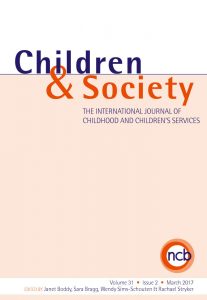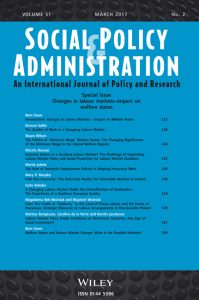To Obey or not to Obey, This is the Question
[youtube=http://tw.youtube.com/watch?v=ot3dgm95CVE]
By linanne10
While most of the discussions on equality and political change occur around the presidential election in United States last week, events of civil rights movement are not limited to the US continent. A student-led protest for the freedom of speech and assembly is burning through out the island of Formosa. On November 3rd, the representative from China’s Association of Relations Across the Taiwan Strait (ARATS), Chen Yunlin, came to visit Taiwan and met with the Taiwanese current president, Ma Ying-jeou, on trade agreements and economic cooperation between Taiwan and China. Due to political beliefs, hundreds of protestors gathered around the venue to protest against the meeting. Government officials required that all protesting activities should be shield off within Chen Yunlin’s eye-sight. Taiwanese flags were banned, protesting groups were expelled or arrested, Taiwanese songs were shut off in near by record stores and there were also violence conduct by polices against civilians. This induced a protest led by students against the “law on assembly and parade” in Taiwan. The law on assembly and parade in Taiwan restricts the people’s mobility and freedom to carry out protests, while reinforcing government agencies’ power to monitor and control such events. Liberty and freedom are crucially at stake in this political incident.
Two important aspects of liberty manifested in the protest could find their roots in theories of civil and social rights. Political and social scientist, Deborah Stone, has distinguished between two kinds of liberty: negative liberty and positive liberty. Negative liberty defines rights as the absence of constraint among citizens, while positive liberty defines rights as active provision of opportunities and resources by the government to citizens. The freedom of speech and assembly could be seen as a negative liberty. There should be as less government intervention as possible when members of a society attempt to express their opinions and ideas, no matter what form they take on. A positive notion is also at work in framing the concept of liberty. In order to enable minority groups to express their opinions and ideas more freely, and voice beyond the overwhelming oppression of mainstream ideologies, official agencies should actively provide a secured space and platform for expression. In this on going protest, the students merely request for negative liberty, trying to lift regulations violating basic human rights. Before the law on parade and assembly is abolished, it is hard to ask the government to assure more positive liberty for the freedom of speech.
However, in terms of legal conflicts of the act of the protest itself, a dilemma occurs. The law on parade and assembly demands that protestors have to apply to protest six days before the event. Certain issues are banned and certain locations are not allowed for assemblage. The students insist on not applying for permission in order to manifest and protest against the absurdity of the law. They also insist on gathering in forbidden locations before expelled by force. The question here is: if citizens do not have to conform to the law when they see it as “illegitimate,” what authority would the law still retain in its ruling over members of the society?



1530-2415/asset/SPSSI_logo_small.jpg?v=1&s=703d32c0889a30426e5264b94ce9ad387c90c2e0)
1099-0860/asset/NCB_logo.gif?v=1&s=40edfd0d901b2daf894ae7a3b2371eabd628edef)
1 Response
[…] (originally post on Sociological eye) […]